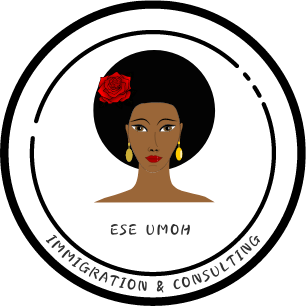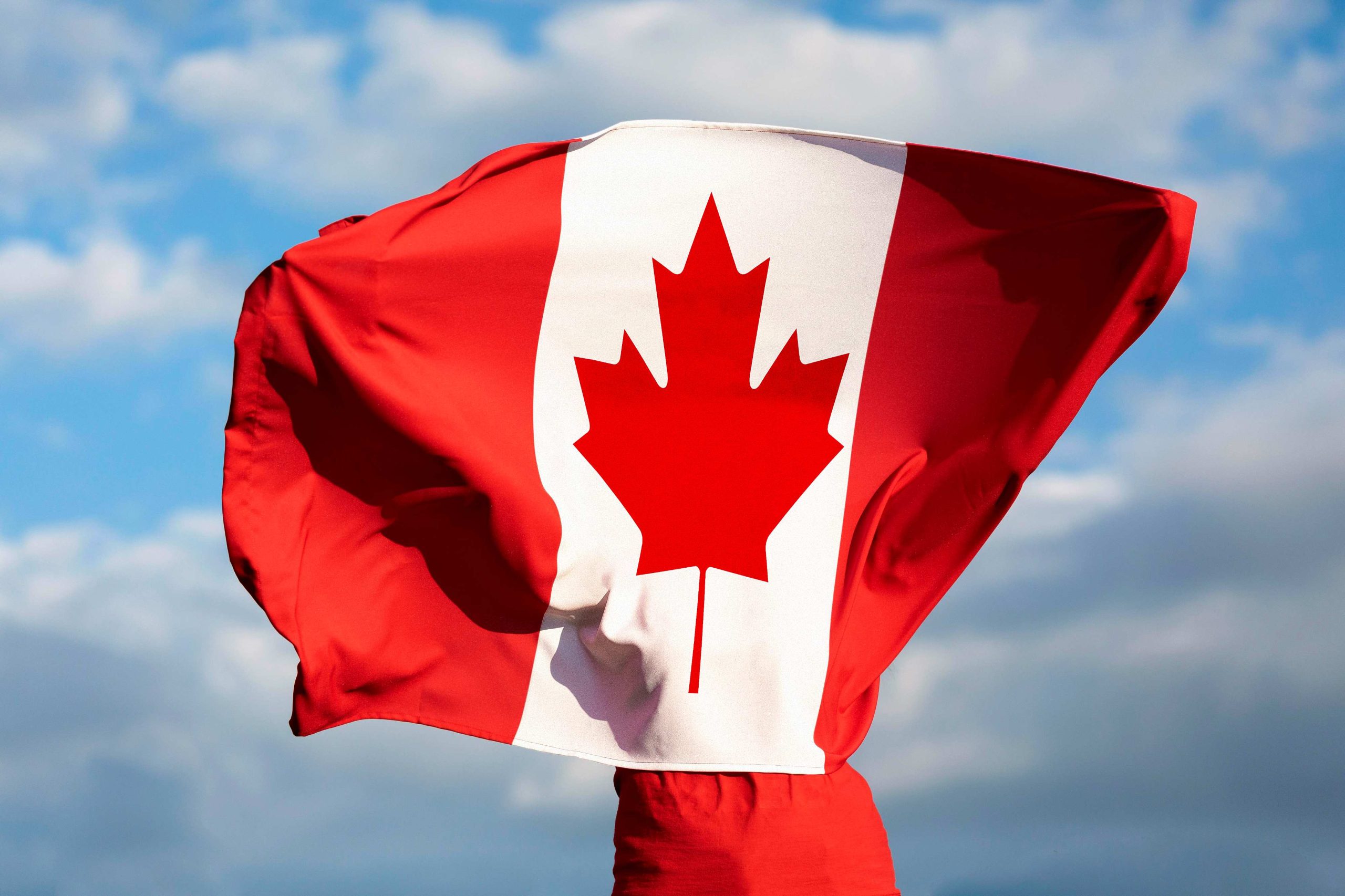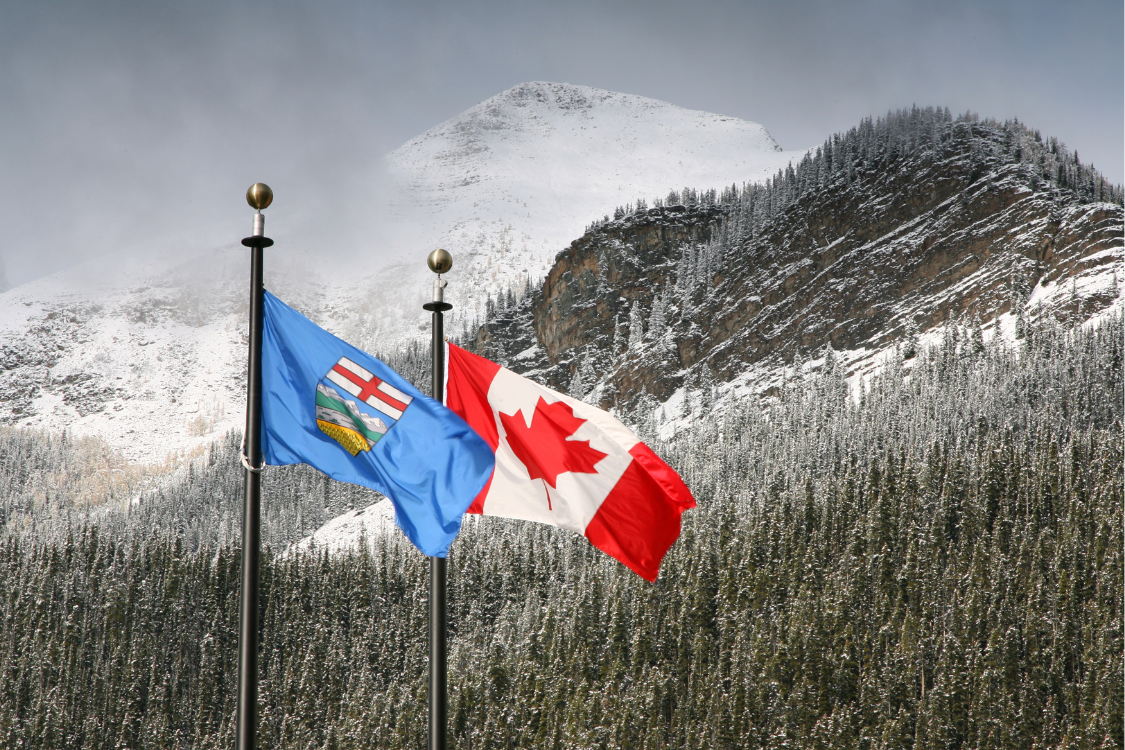Dear future neighbour,
On November 15, 2024, Marc Miller, Canada’s Minister of Immigration, Refugees and Citizenship, unveiled a key update regarding the work hours of international students in Canada. This announcement has significant implications for the nearly half a million international students studying in Canada, many of whom rely on part-time employment to support themselves while completing their studies.
Overview of the New Update
The new update addresses the longstanding issue of work-hour restrictions for international students. Prior to this update, international students were generally allowed to work up to 20 hours per week during the academic session and full-time during scheduled breaks (like the summer and winter holidays). However, the new update, effective immediately, will allow international students to work up to 24 hours per week during the academic year, effective for the duration of their study permit.
This change comes as part of the Canadian government’s broader effort to help international students manage the rising cost of living and support Canada’s growing need for workers in various sectors. According to the government, this adjustment aims to offer greater financial flexibility to international students while still ensuring their academic progress is prioritized.
Key Details of the Update:
1. Work Hour Limit Increase:
International students enrolled in full-time studies will now be allowed to work up to 24 hours per week during the academic semester, an increase from the previous 20-hour limit.
2. No Change to Full-Time Work During Breaks:
As before, students can work full-time during official breaks (such as the summer and winter holidays) without any restrictions on the number of hours worked.
3. Eligibility:
This change applies to all international students who are enrolled in full-time programs at designated learning institutions (DLIs) in Canada. Students must hold a valid study permit and comply with all other work permit conditions.
4. Impact on Work Opportunities:
The increased work hours will enable international students to earn more income to support their studies, particularly as Canada faces inflationary pressures and rising living costs. Many students rely on part-time employment to cover tuition fees, rent, food, and other expenses.
5. Economic Considerations:
Canada’s labor market continues to face shortages in key sectors, such as retail, hospitality, and healthcare. By allowing international students to work more hours, the Canadian government hopes to fill labor gaps while also providing international students with a better opportunity to gain Canadian work experience, which can benefit both students and employers alike.
Minister Marc Miller’s Statement
In a statement accompanying the announcement, Minister Marc Miller emphasized the government’s commitment to supporting international students and fostering a thriving academic environment. He noted:
Canada has always been a welcoming country for international students, who contribute significantly to our academic institutions, local communities, and economy. This new measure will allow students to support themselves more effectively while studying in Canada, giving them more opportunities to gain valuable work experience and integrate into Canadian society.
Why This Matters
International students are a vital part of Canada’s educational ecosystem. The country is one of the top destinations for students worldwide, attracting individuals from countries such as India, China, the Philippines, and Nigeria. These students not only contribute to the economy through tuition fees and living expenses but also bring diverse perspectives to Canadian classrooms, enriching the academic experience.
However, with the rising cost of living—particularly in cities like Toronto, Vancouver, and Montreal—many international students have expressed difficulty in managing their finances with the existing 20-hour work limit. This adjustment to the work hour cap comes as a response to these concerns, offering students a more viable way to meet their financial needs without compromising their academic success.
Additionally, this change could have broader benefits for Canada’s labor market. As the demand for workers in various sectors remains high, international students could provide a reliable source of labor. Many international students have the skills and language proficiency that employers are seeking, and by increasing the number of hours they can work, the government is helping fill essential roles in industries facing workforce shortages.
Potential Challenges and Considerations
While the increase in work hours will be welcomed by many international students, it’s important to consider the potential challenges that may arise:
– Academic Balance: The primary concern for many will be maintaining a balance between work and study commitments. The pressure to work more hours could potentially impact students’ academic performance, particularly in demanding programs. To mitigate this, the government may consider offering resources to help students manage their time effectively or providing guidance on balancing work with academic requirements.
– Overburdening the Job Market: As more students enter the workforce, there could be increased competition for part-time jobs, especially in areas with high student populations. Employers may also have to adjust to the influx of workers in certain sectors.
– Long-Term Immigration Policy: It remains to be seen how this adjustment aligns with Canada’s long-term immigration strategy. The work-hour change may serve as a short-term solution to economic challenges, but it could have long-term implications for the number of international students pursuing work opportunities in Canada after graduation.
Conclusion
The increase in work hours for international students in Canada is a significant and positive development, aimed at helping students meet financial challenges while contributing to the Canadian economy. With the new 24-hour work limit, international students will have more opportunities to support themselves, gain valuable work experience, and enrich their time in Canada. The government’s efforts to address the needs of this vital demographic highlight Canada’s continued commitment to being a global leader in attracting international talent.
For international students already in Canada, this update is a welcome opportunity, but it’s important to stay informed about the specifics of the new rules and how they might affect individual study and work situations.
Require assistance with securing a visitor visa for Canada, seeking professional aid in submitting a visa or work permit application, crafting an Expression of Interest, setting up an express entry or provincial nomination profile, preparing your application after receiving an invitation to apply, or simply reviewing your self-prepared application? Schedule a consultation or reach out via email at info@eseumohimmigration.com










